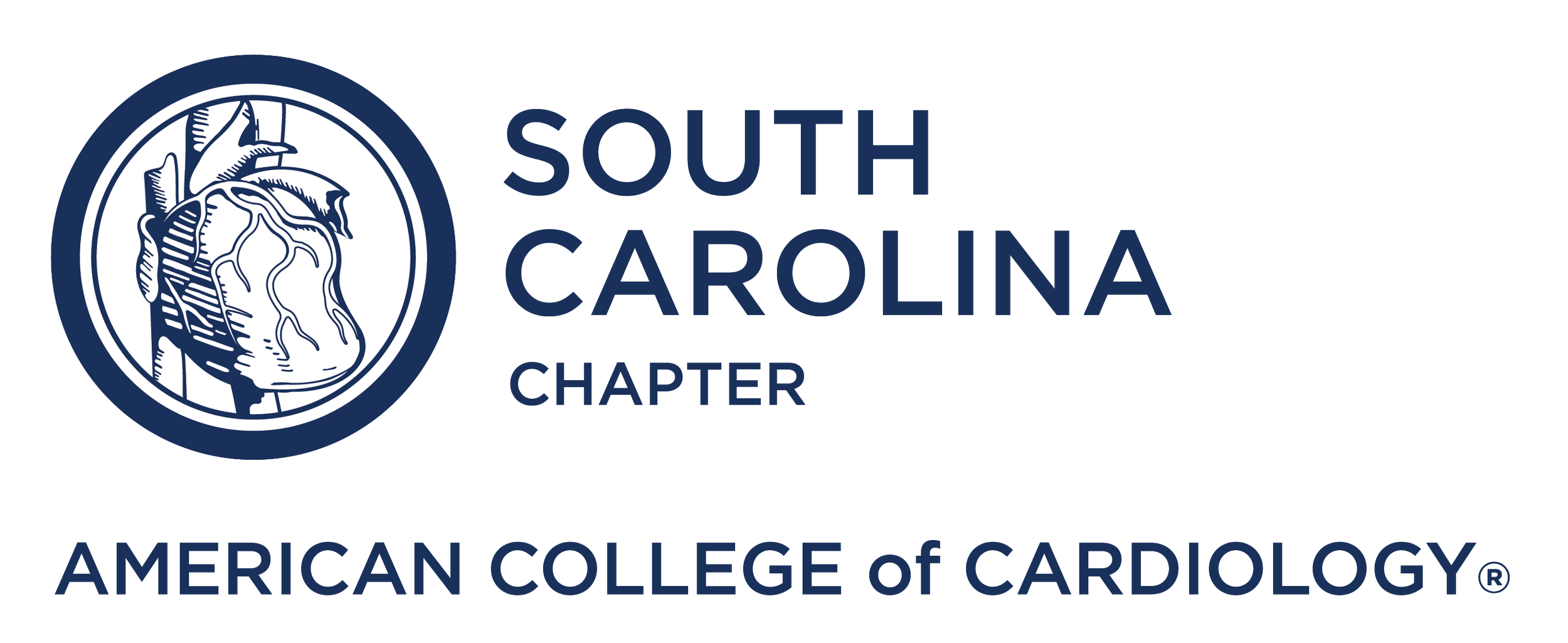Understanding MOC Assessment and Points Requirements
What Exactly is CME, MOC, and the rest of the Alphabet Soup
from ACC, Latest in Cardiology, Feature Article by Mustafa Husaini, MD, FACC
The first item that all early career (EC) physicians should know is the difference between Continuing Medical Education (CME) and MOC. CME is a state requirement for licensure that is administered by the Accreditation Council for Continuing Medical Education (ACCME). MOC is required by the American Board of Internal Medicine (ABIM) - the certifying board for internal medicine, cardiovascular disease, and the cardiovascular sub-specialties - to maintain their certification.
CME can cover a wide range of topics, from medicine to wellness to financial education. From a regulatory standpoint, hospitals and insurance companies may require a specific number of CME and state medical boards sometimes require annual CME to maintain licensure (check your state with this website). While CME pertains to state licensure, MOC pertains to our board certification. Thanks to a collaboration between ABIM and ACCME, most activities that earn MOC points also count for CME.
There are two components within MOC that we need to be aware of – the assessment requirement and the points requirement (Figure 1). The assessment section is the certification that needs to be renewed, traditionally every 10 years. New assessment options, however, are mentioned below that promote ongoing learning and do not follow the traditional 10-year path.
The points requirement refers to the need to earn 100 MOC points every five years (and at least one MOC point every two years) with points earned from a variety of topics. If you are a sub-specialty fellow, then 20 MOC points are automatically earned each year of eligible fellowship training. In addition to participating in assessments, points accumulate during our routine activities (Figure 1). For example, entering your ABIM credentials into UpToDate® earns 0.25 MOC points each time you search. Journal articles and the Online Learning Catalog on ACC.org offer free MOC points as well. Furthermore, scientific meetings, local grand rounds, and specialty courses are also sources of MOC points.
How Does All of This Work?
The good news is that after becoming board certified, we have 10 years before our next assessment is due (Figure 2). The MOC points requirement, however, starts right away. You can start earning points towards your 5-year point requirements (still much have at least one MOC point every two years) as soon as you pass the initial certification exam.
